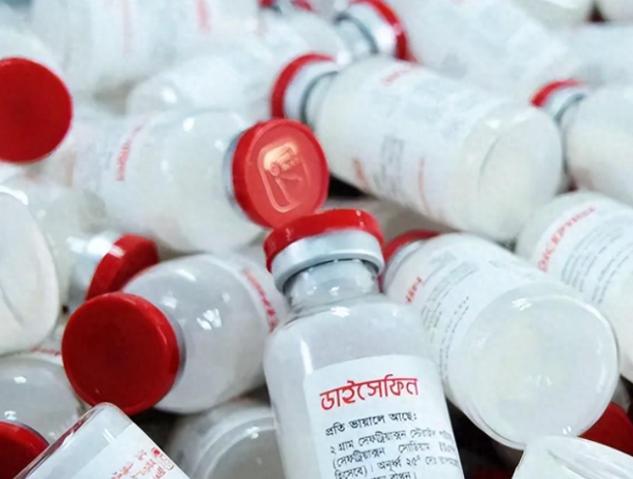 A key segment of Indian business is in a state of shock after US President Donald Trump threatened to impose tariffs on imported drugs again Monday, sparking panic in the country’s pharmaceutical industry, shares in several big drug companies fell.
A key segment of Indian business is in a state of shock after US President Donald Trump threatened to impose tariffs on imported drugs again Monday, sparking panic in the country’s pharmaceutical industry, shares in several big drug companies fell.
Donald Trump, speaking at an event of the National Republican Congressional Committee yesterday, warned of a“Significant increase in import tariffs on medicines” to encourage pharmaceutical companies to move their operations to the US. Until now, the drug sector has been exempt. The next day, India’s Nifty Pharmaceuticals index collapsed. Nifty Pharma fell 1.82 percent as of 2 p.m. Monday, according to Goodreturns, an Indian financial news website. All the main constituents of the index lost money. Sun, Sri Aurobindo, RUBIM, Zidus Life Sciences and Grant Pharmaceuticals fell as much as 5 per cent. However, the index recovered somewhat after Donald Trump suspended“Reciprocal tariffs” for 90 days.
The pressure has been mounting, the report said. The Nifty Pharma Index has fallen nearly 5 per cent since Trump first made his comments on taxing drug imports, and is down 14 per cent in the past six months.
According to the New York Times, the United States is India’s largest market for pharmaceutical exports, one of its most successful industrial exports. In fiscal year 2024,31 percent (US $8.7 billion) of India’s US $27.9 billion pharmaceutical exports went to the United States, New Delhi TV reported, citing data analysis. For major Indian drug companies, 30% to 50% of their revenue comes from the U. S. market. Indian policy circle reported that, these companies have invested heavily in obtaining food and Drug Administration (FDA) approvals, building up standard manufacturing facilities, and developing simple New Drug Applications (Anda) , to secure a foothold in the generics market.
According to GTRI, an Indian trade research institute, India pays virtually no tariffs on the drugs it exports to the United States each year. However, American drugs imported into India are subject to a 10.91% tariff. GTRI said any US“Reciprocal tariffs” would raise the cost of generic and specialty drugs in India.
American CNBC television quoted experts as saying that India’s generic drug manufacturers would be the hardest hit by the high tariffs on imported drugs. These generics are cheaper but have much lower margins than branded drugs and can not afford high tariffs.
“North is the fastest growing and most critical market,” the finance director of one Top Indian Drugmaker told the BBC on condition of anonymity. Even if we increase our investment in other markets, it won’t make up for the loss in the U.S. market,” the experts said, in the absence of a trade deal, Donald Trump’s tariffs could render some Indian generics non-viable, forcing companies out of some markets.
The Indian government has yet to respond, but pharmaceutical companies in both countries are nervously awaiting the details of a trade deal that could affect lives and livelihoods. Indian media say India is in talks with the United States on a bilateral trade agreement, some of which could be finalized soon.